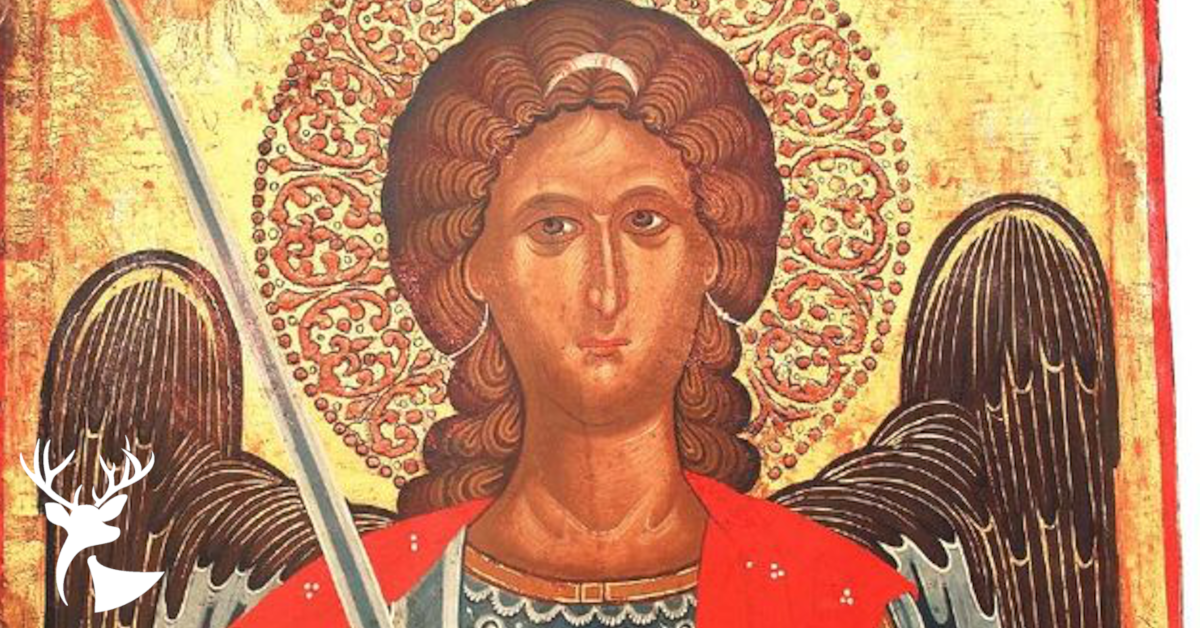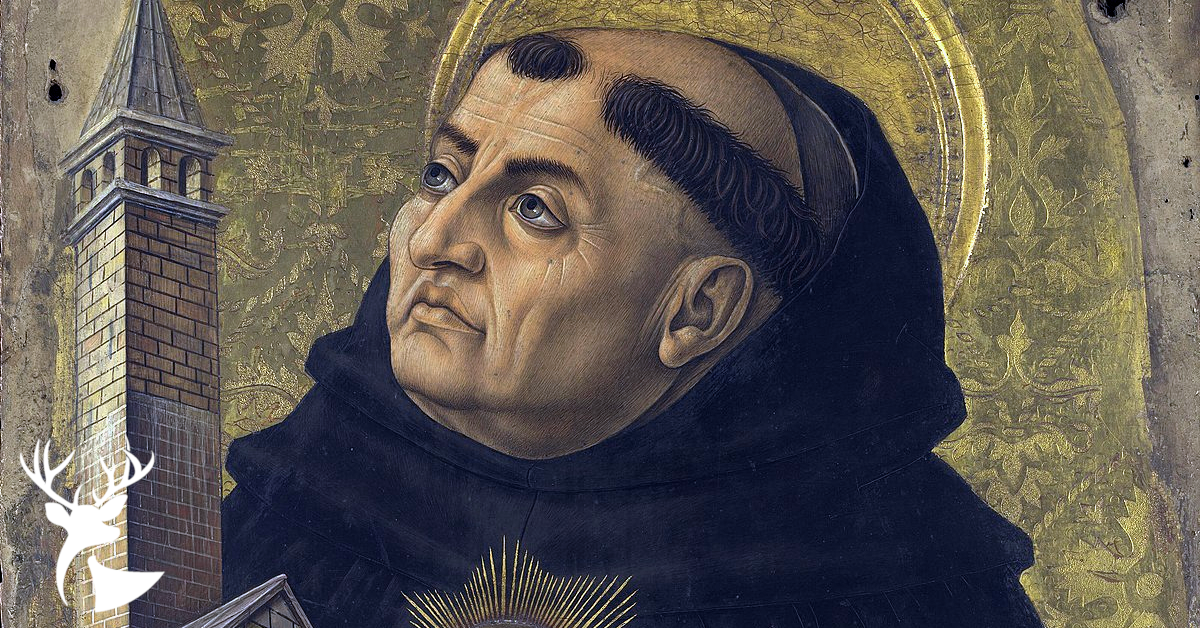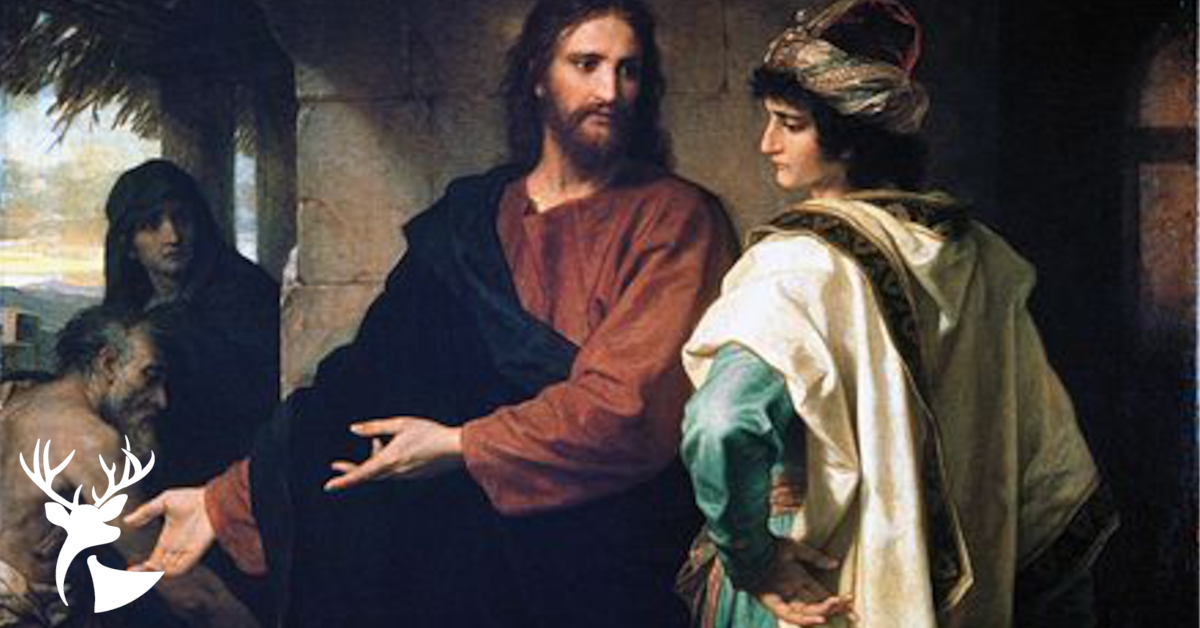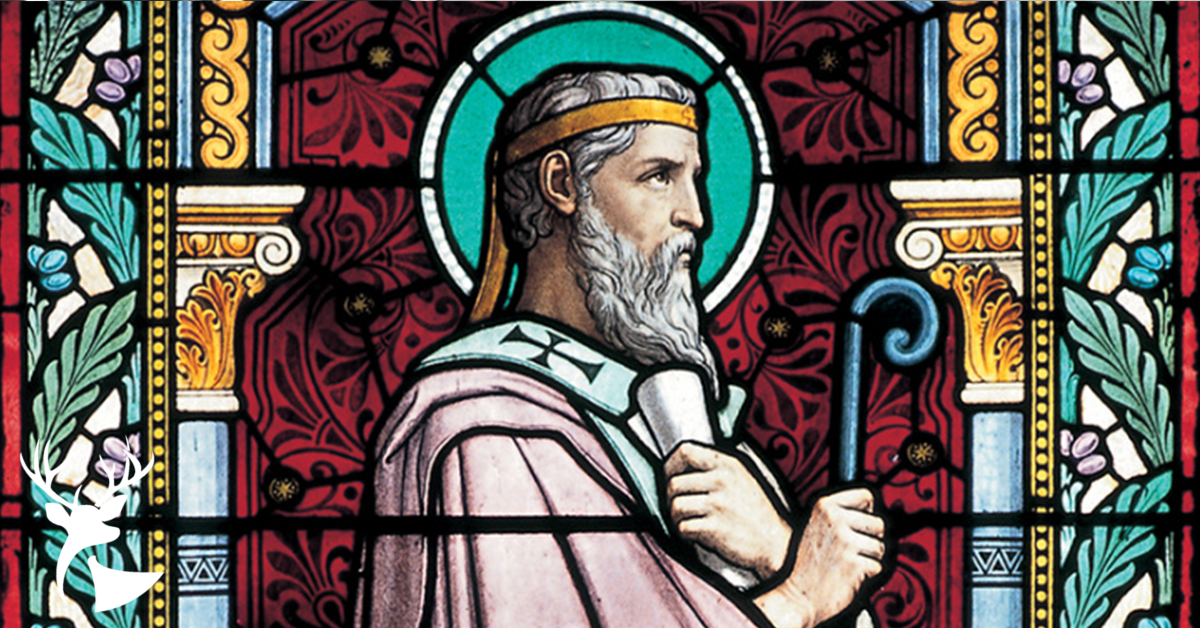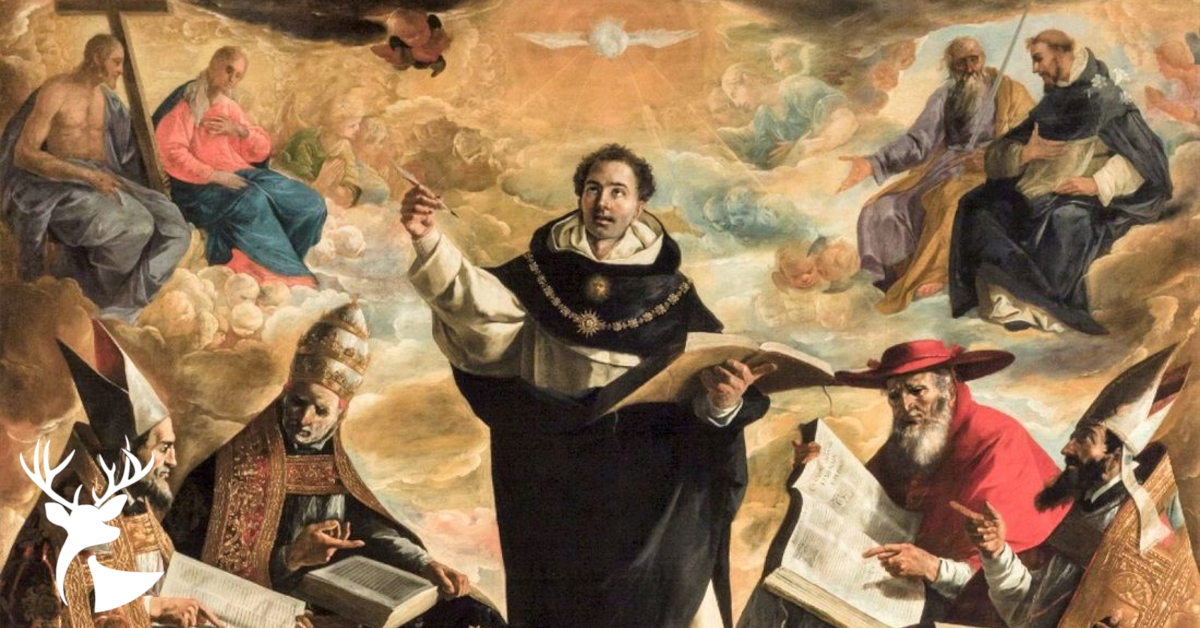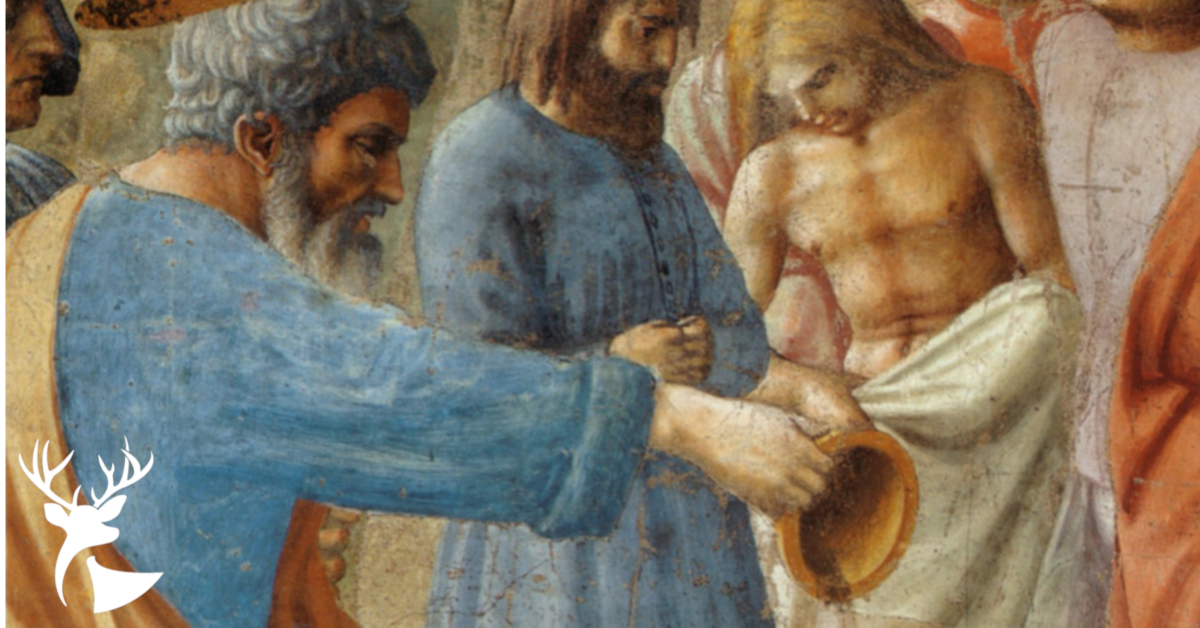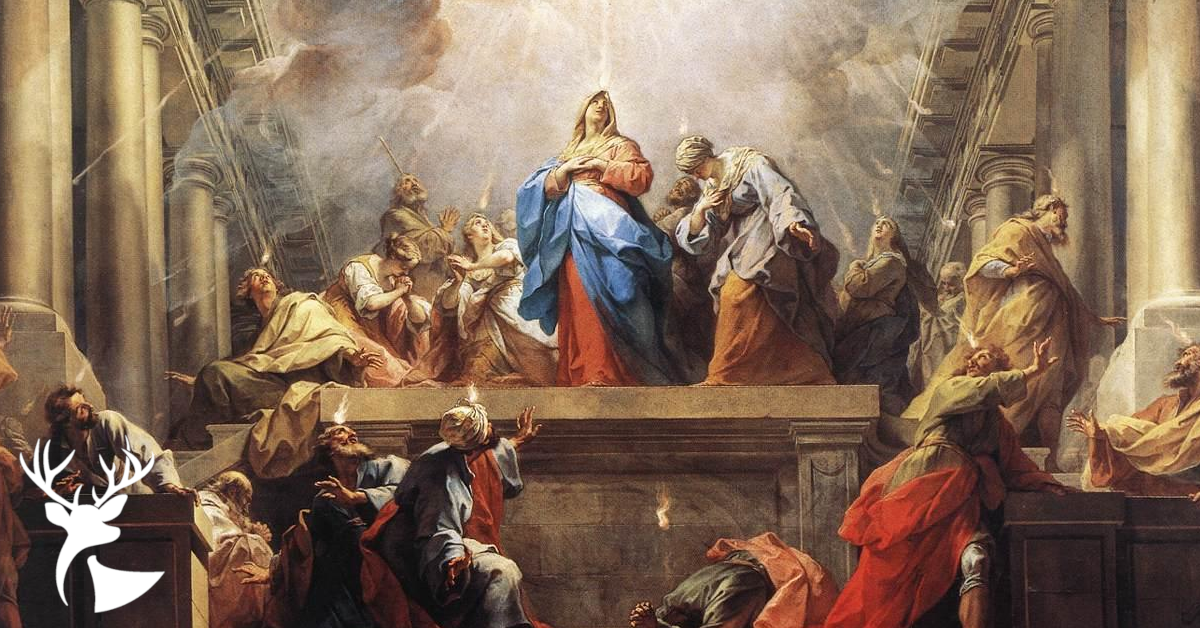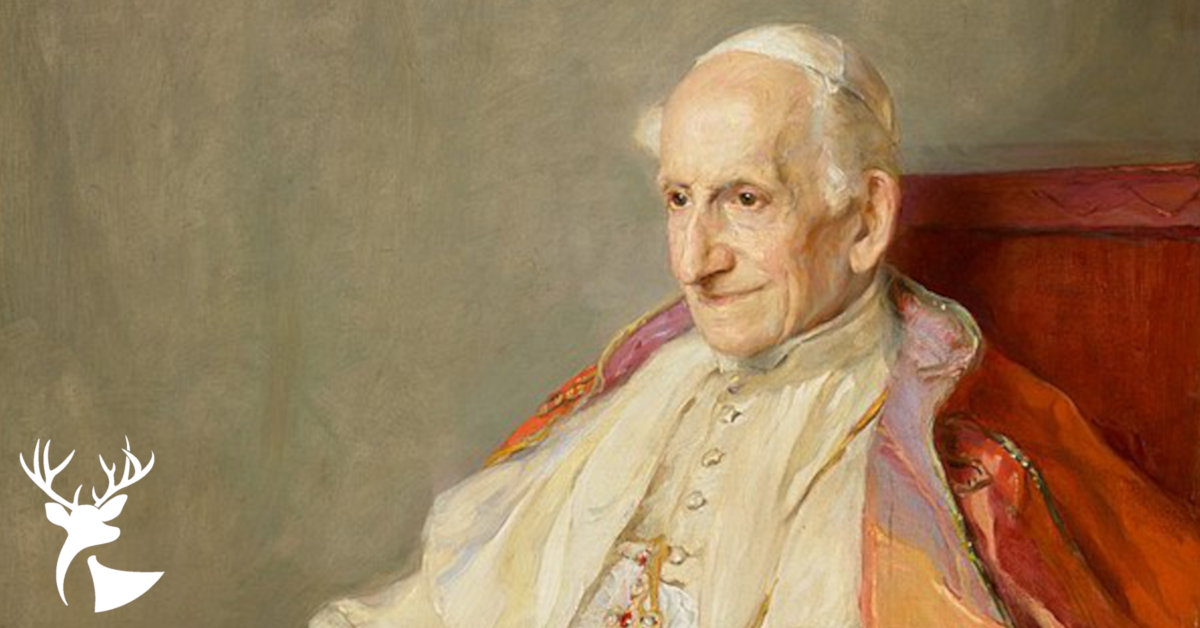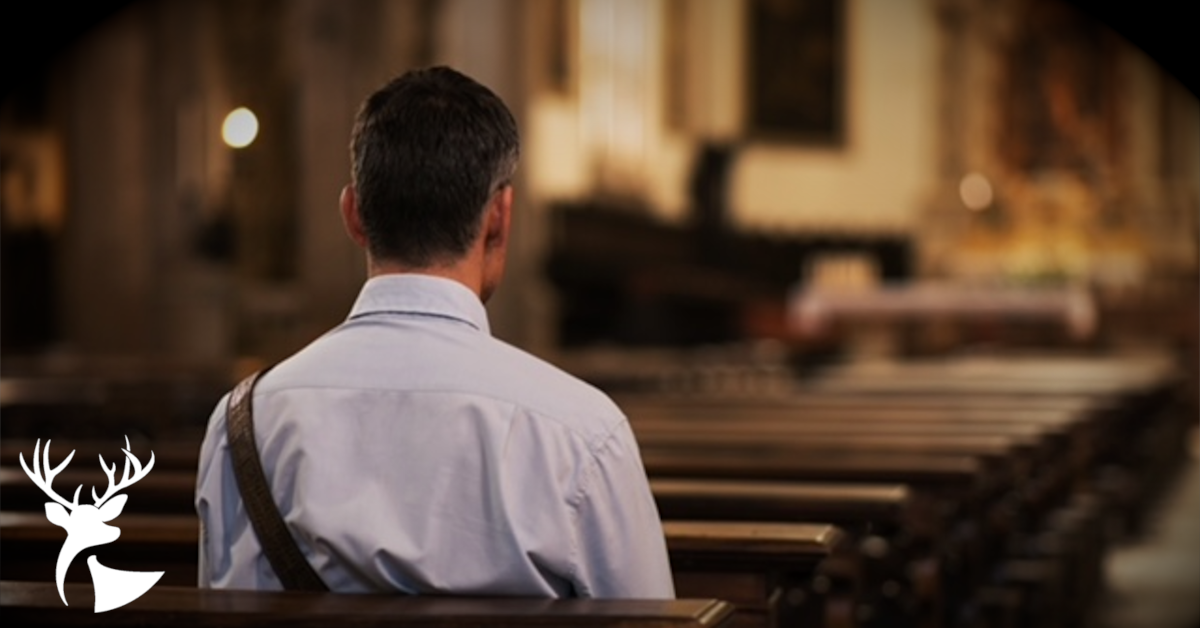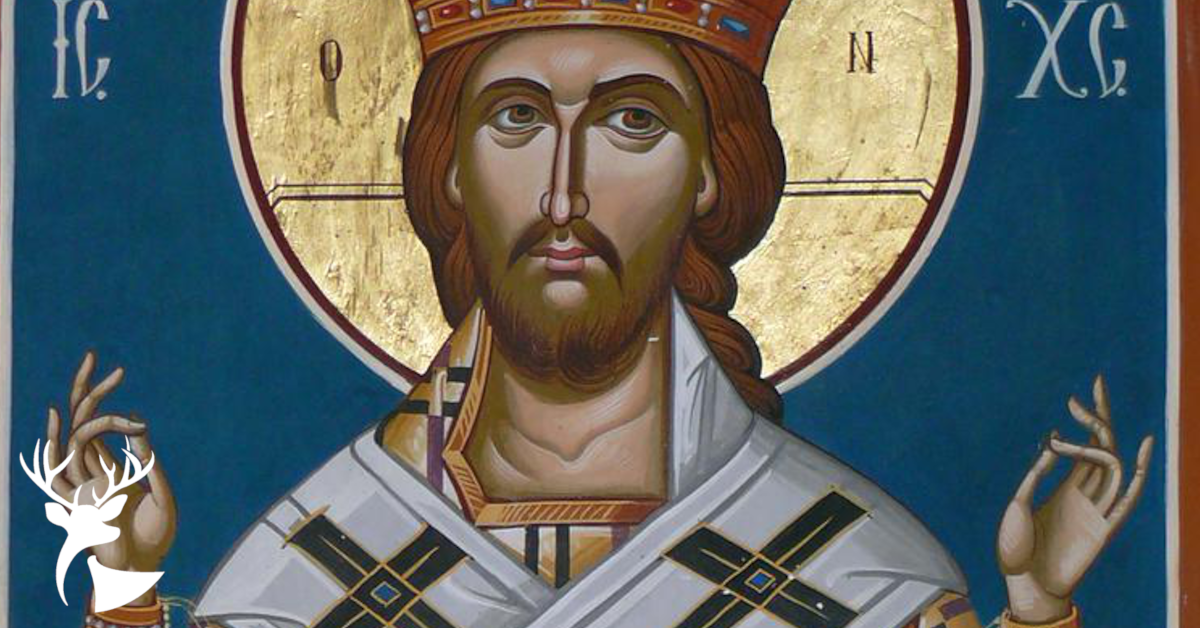
Being Conformed to Christ’s Priesthood
By Aaron Henderson | October 24, 2022
“ Incorporated into the Church by Baptism, the faithful have received the sacramental character that consecrates them for Christian religious worship. The baptismal seal enables and commits Christians to serve God by a vital participation in the holy liturgy of the Church and to exercise their baptismal priesthood by the witness of holy lives and practical charity.”
—Catechism of the Catholic Church, 1273
← Return to Musings
Being Conformed to Christ’s Priesthood
By Aaron Henderson | October 24, 2022
“Incorporated into the Church by Baptism, the faithful have received the sacramental character that consecrates them for Christian religious worship. The baptismal seal enables and commits Christians to serve God by a vital participation in the holy liturgy of the Church and to exercise their baptismal priesthood by the witness of holy lives and practical charity.”
—Catechism of the Catholic Church, 1273
No discussion of the sacraments of the New Law can be complete without a consideration of sacramental character. Three sacraments (Baptism, Confirmation, and Holy Orders) bestow sacramental characters, but what exactly are these characters? Answering this will serve to bolster our appreciation for them and for the sacraments which bestow them upon us. In short, the characters are bound up with receiving, or bestowing on others, things pertaining to divine worship. The sacramental characters are, first and foremost, conformations to Christ, especially to Christ’s Priesthood.
The New Testament presents Jesus as the new and perfect High Priest. Think here especially of the Letter to the Hebrews. And “High Priest” is not merely a juridical designation; it is not simply a legal title. It is a divine consecration that marks His very being (that is to say, it is ontological). Jesus is made High Priest so as to inaugurate the worship of the New Law. We need such an ontological consecration as well if we are to participate in the liturgical life of the Church.
As I said, three sacraments impart a mark of Christ, a “character” or “cultic power.” The first, of course, is Baptism, and it is on this sacrament that I would like to focus. Baptism is the first of the sacraments of initiation; it incorporates us into Christ and His Mystical Body. It also bestows a character, a consecration that makes the faithful apt to receive validly the other sacraments of the New Law. Good dispositions and intentions can only get one so far, and without this fundamental baptismal consecration, the reception of the other sacraments would remain ineffective. The baptismal character opens us up, as it were, to the whole exercise of Christian worship. It gives us the power to cooperate liturgically in the Sacrifice of the Mass, and in such a way that we are not merely spectators or assistants but “actors” and participants. This can be seen in the ancient custom of dismissing the catechumens before the offertory. Even today it is signified in the collective form of prayers that join us to the celebrant. Additionally, in virtue of Baptism and the character it bestows, a marriage entered into by baptized persons is a properly Christian and sacramental marriage.
The cultic consecration we receive in Baptism is indelible, not capable of being removed. Consequently, Baptism (as well as Confirmation and Orders) is not repeatable. Even the apostate, the one who tragically rejects his baptismal faith, cannot efface his baptismal character. The 20th century theologian and cardinal, Charles Journet, speaks beautifully of the sacramental character in the tragic figure: “[I]t remains in him as the last witness of his membership in Christ and of his Christian dignity, a secret possibility of returning to the light.” Let us recover, then, an appreciation for sacramental character and the special conformation it affords us to the Priesthood of Christ.
*This musing was inspired by an article I translated some time ago by Charles Cardinal Journet, The Mystery of Sacramentality.
More Reading
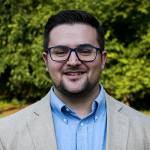
Dr. Aaron Henderson is a Faculty Tutor for the Alcuin Institute for Catholic Culture.


